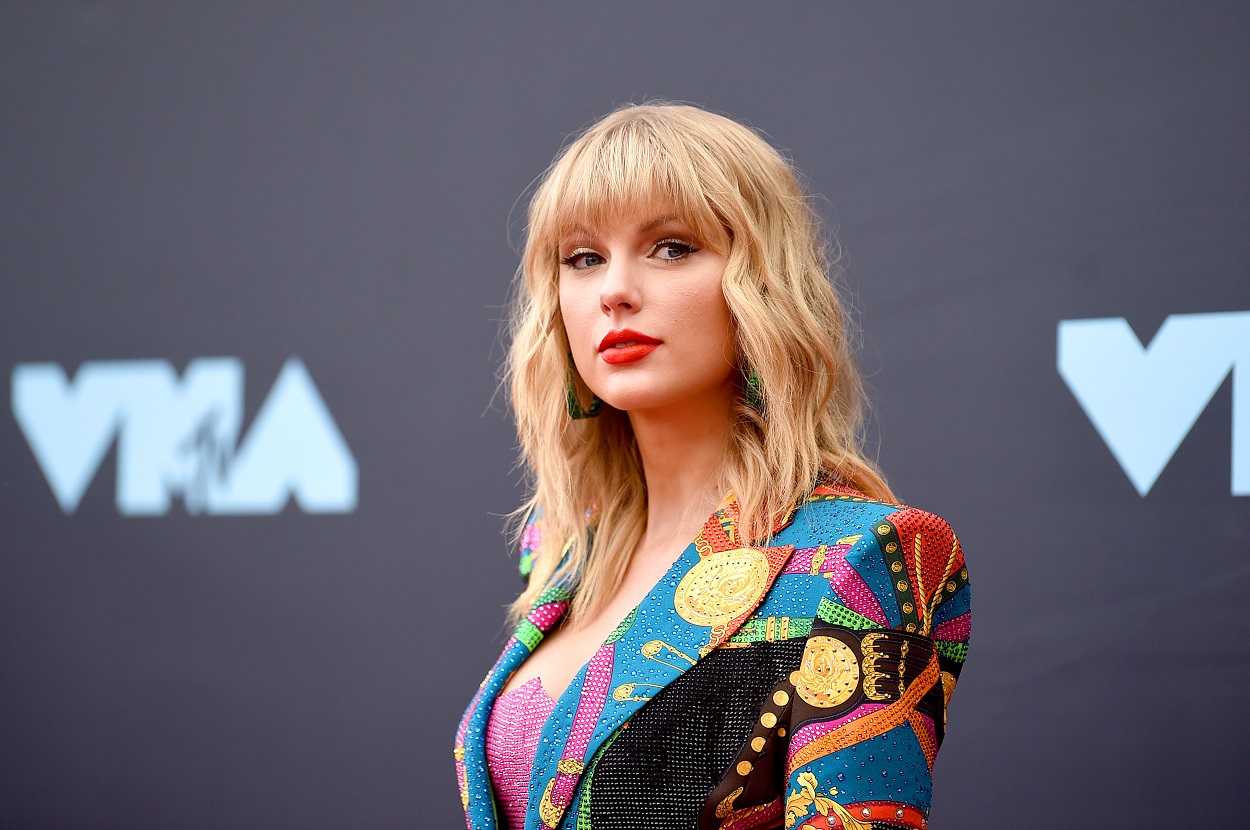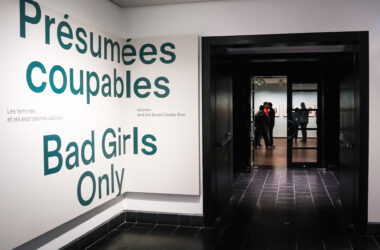When news broke in summer 2019 that Taylor Swift’s former label, Big Machine Records, was sold to Scooter Braun, Swift and her legions of fans publicly expressed their outrage over the distribution of her work. For approximately $300 million USD, Braun had bought the master recordings of her first six albums without giving Swift the chance to retain her own music.
In a lengthy Tumblr post, Swift stated that the only opportunity she had been given to buy back her masters was by releasing six additional albums with Big Machine, effectively keeping her stuck under the label she had been signed to since she was 14 years old. Knowing that Scott Borchetta, the former owner of Big Machine, was likely to sell the label, including the ownership of her masters, Swift signed with Republic Records rather than renewing her contract with Big Machine. Braun being the buyer added salt to the wound because of his alleged bullying of Swift over the course of several years.
The concept of artists not owning their master recordings seems odd and counterintuitive, but it is common in the music industry. Whoever owns the master recordings has control over their use and will gain profits from sales, streaming, or other use of the music in the future. Although the artist is rarely the only person involved in the production and recording of a song, it still remains fundamentally odd that artists usually do not have the majority of the rights over the music that they create. For young artists, it is even harder to recognize the future implications of not owning your own intellectual property.
In a public statement on her Twitter, Swift revealed that her team had tried to enter negotiations with Braun previously to purchase her masters, but were informed that he would only start negotiating if Swift signed a strict non-disclosure agreement to never publicly say anything negative about Braun again. This condition, albeit bizarre and unnecessary, is part of a larger malpractice in the music industry, with artists like Swift needing to bring the issue to the court of public opinion in order to call out the tremendous greed of the owners.
On the surface, Swift’s lack of ownership over her masters is not a unique position—other recording artists like Drake, Katy Perry, and Ariana Grande do not own their masters, while independent artists such as Chance the Rapper and Frank Ocean, who create and release music without signing to major record labels, own all of their work. But for Swift, she can only own her masters if she is locked into an unfavourable contract or silenced by a man with whom she has bad blood.
Swift’s story speaks to the larger cloud of sexism that hangs over the entire music industry. Male producers and record label owners are perfectly content to profit off of female artists’ hard work, as long as they maintain the upper hand in terms of control, power, and money. While Swift has the option of negotiating with the owners of her masters, it comes at the cost of her being silenced and obedient to men who have never treated her as an equal. This would be degrading for any female artist, but is especially shocking given Swift’s widespread success and stature as a musician.
Swift revealed that she has started the process of rerecording her first five albums, which will allow her to gain back the rights to her work. This development is not often carried out by artists who do not own their master recordings, but given the irregularities of Swift’s ordeal, it seems only fitting for the situation to conclude this way. Although it’s a potentially happy ending for Swift, the overall implications of the situation are troubling—if Taylor Swift is unable to gain ownership of her masters as a 10-time Grammy Award winner, pop culture icon, and leader of a worldwide legion of fans, then who can?









